Can you make cash offer but get mortgage 1-2 yrs later when rates low?
armyofda12mnkeys
last year
last modified: last year
Featured Answer
Sort by:Oldest
Comments (12)
Toronto Veterinarian
last yearhomechef59
last yearRelated Professionals
Holtsville Architects & Building Designers · South Elgin Architects & Building Designers · Universal City Architects & Building Designers · Anderson General Contractors · Aurora General Contractors · Evans General Contractors · Forest Grove General Contractors · Fort Salonga General Contractors · Kettering General Contractors · Newington General Contractors · Pacifica General Contractors · Randolph General Contractors · Troy General Contractors · University City General Contractors · Middle Island Interior Designers & Decoratorsbry911
last yearelcieg
last yearlast modified: last yearjlhug
last yearHU-995778085
last yearlast modified: last yearkevin9408
last yearbry911
last yearlast modified: last yearbry911
last yearkevin9408
last yearbry911
last yearlast modified: last year
Related Stories

DECORATING GUIDESOn Trend: 2-in-1 Furnishings for Small-Space Living
You'll be a convert to furniture that transforms when you see these chair-tables, unfolding wonders and more
Full Story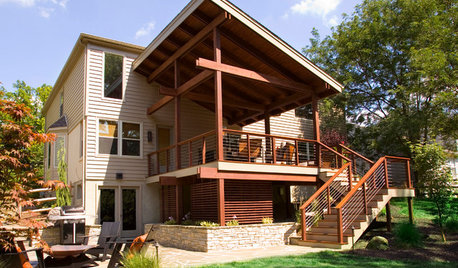
MOST POPULARSee the Difference a New Back Deck Can Make
A dramatic 2-story porch becomes the centerpiece of this Ohio family’s renovated landscape
Full Story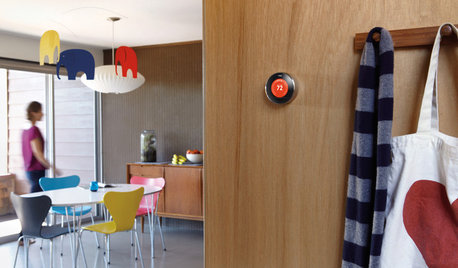
HOME TECHWhy Google Just Paid $3.2 Billion for a Company That Makes Thermostats
Smart home technology just got a new champion — and everyone is speculating about the reasons
Full Story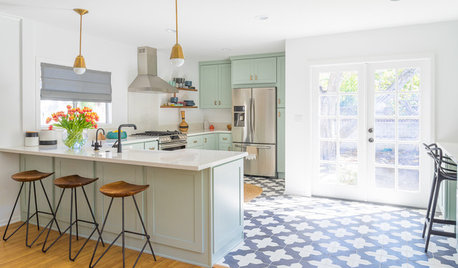
KITCHEN DESIGNTrending Now: 25 Kitchen Photos Houzzers Can’t Get Enough Of
Use the kitchens that have been added to the most ideabooks in the last few months to inspire your dream project
Full Story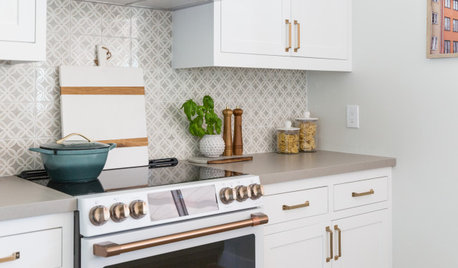
KITCHEN CABINETS9 Ways to Get Low-Maintenance Kitchen Cabinets
Save valuable elbow grease and time with these ideas for easy-to-maintain cabinets
Full Story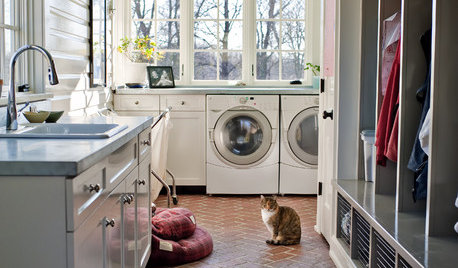
HOUSEKEEPINGAnother Independence Day: When Kids Can Do Their Laundry
Set yourself free and give your child a valuable life skill at the same time
Full Story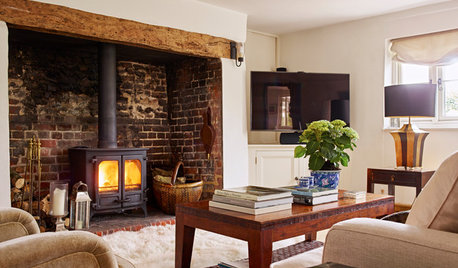
LIFEGet Organized! And 6 More Ways to Make the Most of This Weekend
Set up your kitchen for healthy eating, get your desk and drawers in order and then enjoy some relaxing downtime
Full Story
FEEL-GOOD HOMEThe Question That Can Make You Love Your Home More
Change your relationship with your house for the better by focusing on the answer to something designers often ask
Full Story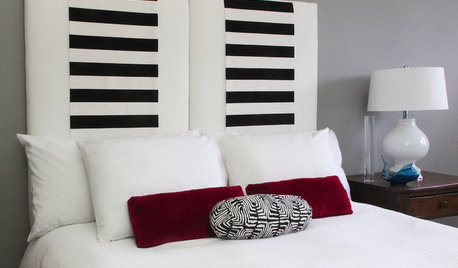
DIY PROJECTSMake an Upholstered Headboard You Can Change on a Whim
Classic stripes today, hot pink tomorrow. You can swap the fabric on this DIY headboard to match your room or your mood
Full Story
SMALL SPACESGetting a Roommate? Ideas for Making Shared Spaces More Comfortable
Here are tips and tricks for dividing your space so everyone gets the privacy they need
Full Story







mxk3 z5b_MI